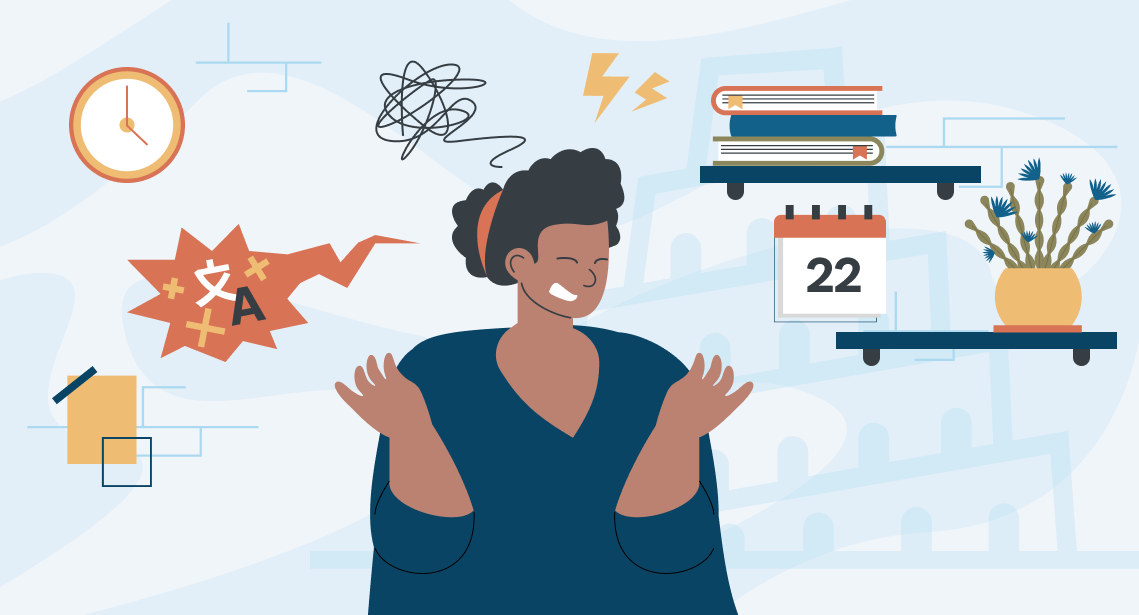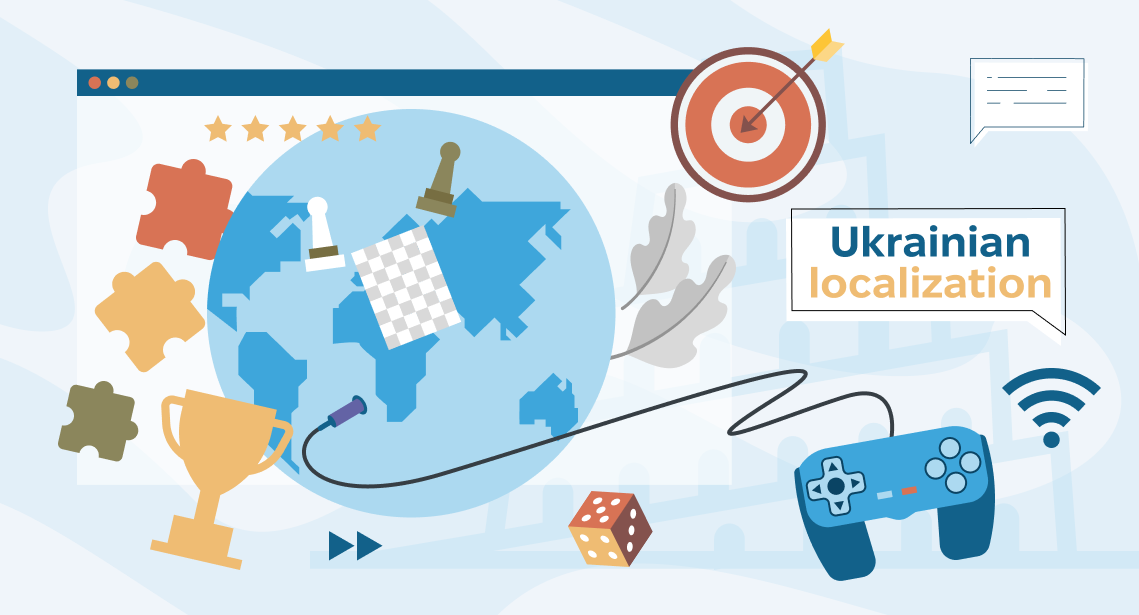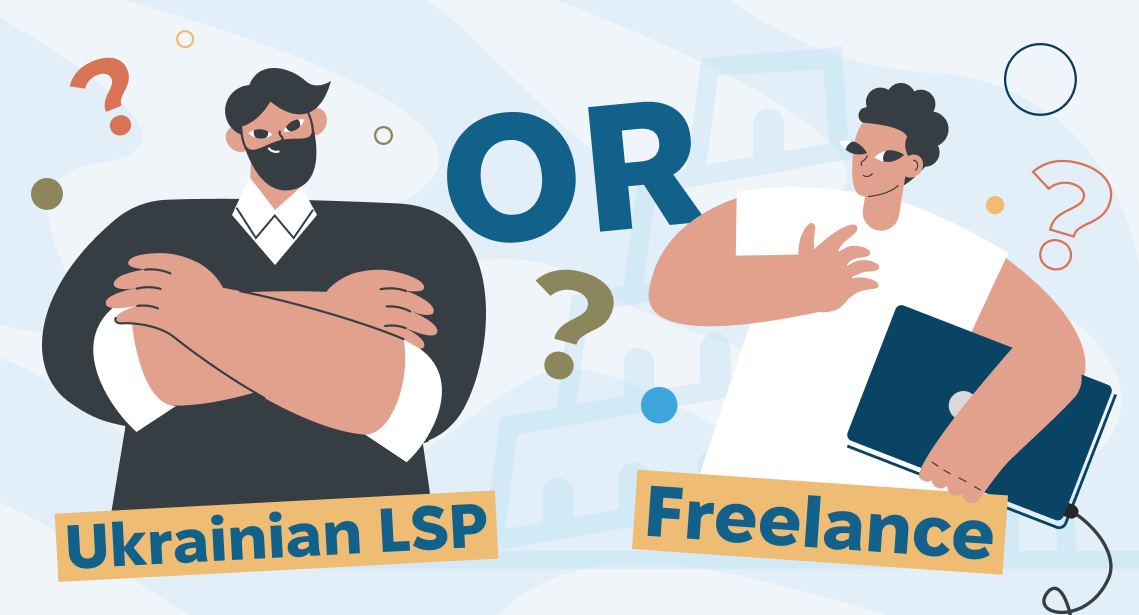Cry of translation editor’s heart

The first cry from the editor was aimed at wannabe translators, people planning to take up translation professionally. The present cry, if we can call it that, is directed more at editors. Although it’s unlikely editors will discover anything entirely new in this article — they’re more likely just to give a knowing smile.
* * *
The most shocking thing and it never ceases to amaze you, is that the overwhelming (!) majority of wannabe translators have appallingly bad grammar. Mistakes at the level of “I before E…” If you want to get an idea of what the average text from a wannabe translator looks like, go to any viral video on YouTube and read some of the comments, or an online mothers’ forum for sharing recipes. And that’s not saying anything against the people who write those comments — they’re not planning to make a living from words. But how far do these wannabe translators think they’ll get with that level of linguistic competence?
95% of wannabe translators have a very dim conception of what it means to be a professional translator. There is a long-standing view in society that translation is a mechanical process of substituting one set of words for another. People assume by default that anyone who understands the words of a foreign language can translate. “There’s Google Translate now, it can substitute words perfectly! Anyone can translate now, what makes you think you’re experts?”
Wannabe translators feel that the longer they can spin out a sentence, the more “correct” it is, and that a good text should look “clever”. Experience shows that superficial “cleverness” is normally a mask for a poor understanding of the subject. The more flamboyant the text, the less sure the author is of themselves. Instead of “often” they’ll write “frequently”, with plenty of “it is also worth noting that” and “it would be pertinent to add that” scattered liberally throughout the text. Participial phrases are another thing: using them correctly is thought to be a sign of good writing. But for an editor, flamboyancy in a text is a red flag: something’s up.
Most wannabe translators believe that machine translation is just one of the many forms of translation. But translation is about the transfer of meaning, while machine translation, including when it’s performed with now fashionable neural networks (NMT), is created by a machine that doesn’t think about meaning. There is a seismic difference, but for most wannabe translators, there may as well be none at all. They’ll boldly run the text through the precarious Google Translate, spruce it up a little (see previous paragraph), and, thinking everyone has been fooled, submit their work to the poor editor. But the editor sees it from the very first sentence: there are all the tell-tale signs he’s been palmed off with an embellished machine translation.
If a basic Word spell-check doesn’t highlight any words in the document, for some reason there’s this assumption there are no mistakes in it. This is put forward as an argument for the grammatical accuracy of the text. The Word spell checker certainly is a big help in the work of a translator. But strictly speaking, it doesn’t highlight words that have been spelled incorrectly, just words it doesn’t have in its internal dictionary, and that isn’t the same thing. If you write “proscribe” instead of “prescribe” or “slaughter” instead of “laughter”, it won’t notice the error because both words exist and they both appear in the dictionary. Just like machine translators, the Word spell checker doesn’t think about meaning.
They don’t verify information. When they come across the phrase “voltage 500 amps” in the source text, 9 out of 10 people will translate it just like that. Every term is translated according to its dictionary definition! (More on this below). It only occurs to a very small number to check what voltage is measured in, and what amps are used to measure (even though these are the kinds of things they ought to know from school physics classes). “Napoleon died in Paris in 1861” — no one checks: did he die in Paris? Was it 1861?
They translate without looking into the subject. They’ll take on financial translations with no idea what hedging, forward market rates, or non-deliverable forwards are. Or a text about astronomy, ignorant of the difference between small planets and dwarf planets, etc. If they don’t understand something, they’ll use the first definition they find in the dictionary, then if there are any issues they can say: “I found it in the dictionary!”
All dictionaries are the same. Dorling Kindersley’s My First Dictionary, aimed at children ages 5 and up, could be considered equal in its authority to the OED, described by the Harvard Library as being “widely accepted as the most complete record of the English language ever assembled.” You could use either one of these to support your own opinion.
Wikipedia is the most authoritative source of information. You’ve found some info on Wikipedia, so that’s all you need — you can trust it. In fairness, we should point out that there are a lot of quality articles on Wikipedia. But you have to remember how they’re put together and how the quality control works. You should think of Wikipedia as a starting point for reading up on a particular issue, and interrogate any information that’s on it by taking a look at the primary sources.
You might get stuck on just about any question:
- Should there be a space before a percentage sign?
- When should you use an em dash, and when is an en dash?
- What kinds of quotation marks are there, and when should you use them?
- What is the correct use of auxiliary verbs (and what are they)?
Many answer these questions as they go — they don’t so much formulate rules as they do personal opinions, and they don’t verify these in any way.
They think non-breaking spaces, line breaks, and Roman numerals are just details no one cares about that have nothing to do with the job of a translator. And stuff like tags, placeholders, and HTML codes are beyond the scope of understanding and don’t have anything to do with translation. “I’m a translator, not a programmer, I don’t have to figure out all these weird codes!”
You get bombarded with persistent demands from people who failed the test to point out where they’ve made mistakes in the text. The fact that this takes up the editor’s time, meaning it costs the agency they work for money, is only half the trouble. You start pointing out reference books, and then you get the counter-arguments — suggesting that dictionary references to do not count as proof. “So what? I say I’m right!” after an allusion to the author’s punctuation (“I write how I want!”) Or following a reference to a specific section of the Chicago Manual of Style, it’s “So what? What do people from Chicago know about the correct use of English anyway?”
* * *
You go crazy from constantly checking through tests like this. Over time, you start handing out pass grades to tests from people who could do with a little more study, but next to the others, they look genuinely smart.
Implicit conclusions
They’re not pretty.
Conclusion one. People do not understand what translation means. Even the ones who are planning to make a living out of translation. This is something we talked about in a separate article.
Conclusion two. Across the board, people assume translation is a straightforward job. They assume anyone who understands the general meaning of a text in a foreign language can translate. For most people, being able to understand a foreign language or buy a hamburger in a foreign country is the same as being able to translate.
Conclusion three. Paradoxically, people possess a very poor knowledge of their own NATIVE language. They don’t know how to formulate thoughts clearly, to put them into words. This is the result of how modern society just doesn’t read that much, and even if they do read, it is typically Facebook or Instagram posts, which are no different in terms of literacy.
Someone who reads good books learns good punctuation and grammar automatically without having to put any effort in. They write properly not so much because they know the rules, but because of a general feeling for the language they have developed. By reading, they gradually “construct” these rules for themselves, so that even without the Chicago Manual of Style they have the sense that this is right, this is a mistake, I’ll need to check this in a reference book, and so on.
Despite open access to reference materials, dictionaries, ways to check spelling, punctuation, etc., the overall level of literacy is declining. Academics have yet to explain this phenomenon. Translators are just one isolated case. An editor experiences a sensation close to ecstasy when he sees a good, well-written text.
Satisfied that what editors know is going to be in demand for a long time to come.




